How Niksen - the art of doing nothing - could be the perfect way to switch off from the world
It might not come naturally, but sitting staring in to space could potentially do wonders for your health...

Wake up to an alarm, get the kids ready, head to work, rush home, make the dinner, sort out the housework, head to bed (an hour later than planned).
All the while, you've not ticked anything you actually planned off your to-do list, and you've slid in to bed exhausted by all the things waiting for your attention tomorrow.
Sound familiar?
Okay, things may be a little bit different now - we're all in lockdown, but that doesn't necessarily mean things have slowed down. In fact, for many of us, things have only got more chaotic. Balancing working from home with staying fit, as well as dealing with the worrying news, and for many of us, homeschooling the kids, means things may not exactly be relaxed, despite the lack of appointments.
There's no doubt that we're living through busy, chaotic and confusing times. With the pandemic raging on, we're more anxious than ever before. And it's clear that most of us are bumbling through life with a kind of hectic energy that we just don't know how to balm.
It's also having a huge effect on our wellbeing. For the first time, burn-out (a state of exhaustion caused by stress), has been recognised as an official medical condition, and anxiety is at an all time high, with Anxiety UK reporting that one in six adults suffered with anxiety and/or depressive disorders in any given week.
We're constantly on the move, and if we're not achieving something, or working towards something, it can feel as though we're failing in some way. There's a pressure to always be productive, or doing something of value - even in lockdown. Anyone else disappointed that they haven't even attempted a banana bread yet?
Sign up for the woman&home newsletter
Sign up to our free daily email for the latest royal and entertainment news, interesting opinion, expert advice on styling and beauty trends, and no-nonsense guides to the health and wellness questions you want answered.
And it means that sometimes, admitting to doing nothing can feel ever-so-slightly rebellious - or shameful and embarrassing even. If we dare take a moment to just 'be', it's as though we've been conditioned to feel guilty, or lazy. But that's where the Dutch concept of Niksen comes in -the newest wellness trend that could help us to actually switch off.
What is Niksen - the art of doing nothing?
Put simply, Niksen means doing absolutely nothing - technically 'to be idle'. Psychologist and Niksen expert Helena Lewis, explained, "Niksen is the art of doing nothing, aimlessly and without an objective or aim of being productive. As it states, Niksen is an art, and something to be heavily practiced."
The word was inspired by the Dutch word Niks, meaning nothing. So how and where did the concept come from?
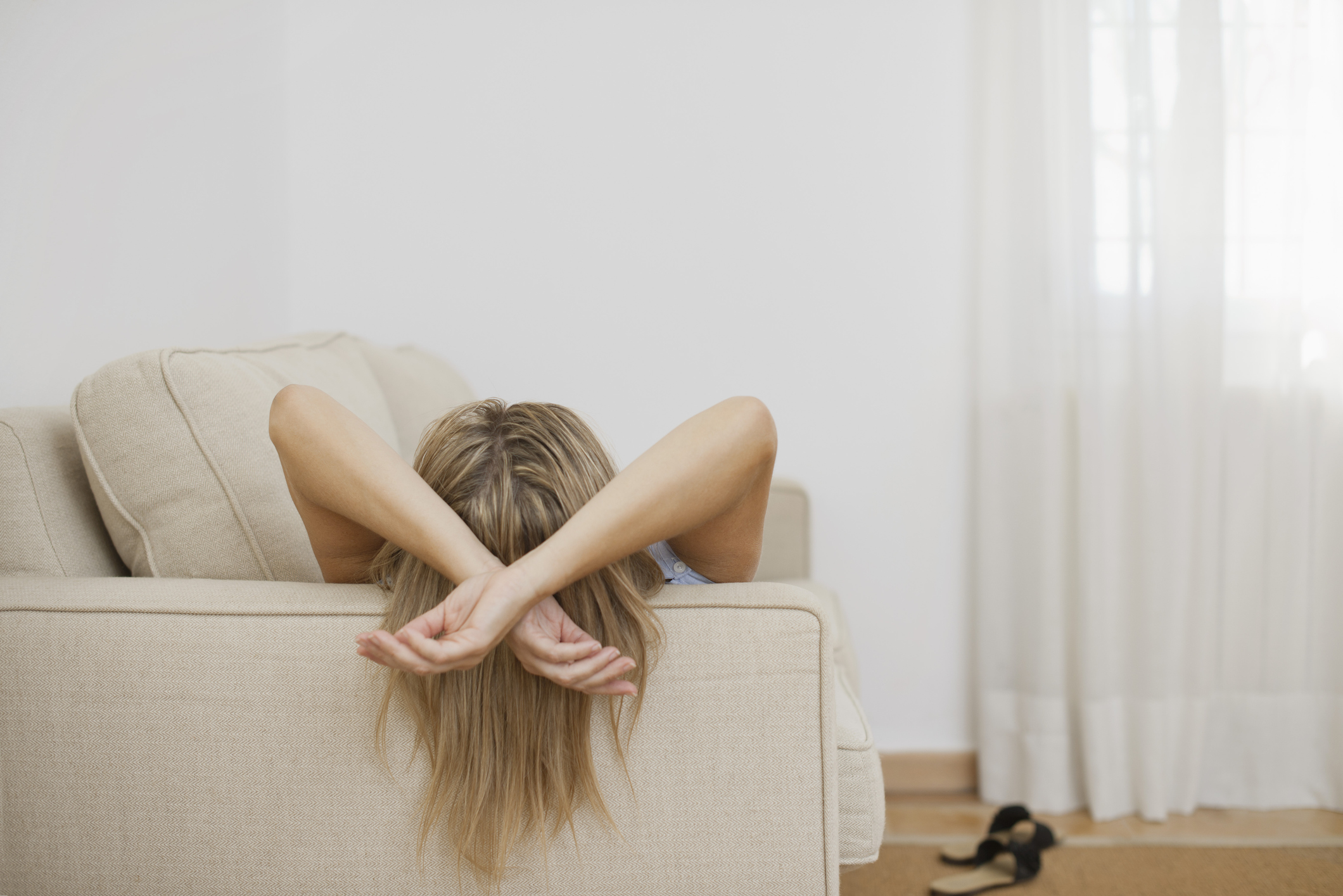
Helena told w&h, "It was developed as a solution to a Dutch problem. In the Netherlands, it is undesirable to do nothing, and be lazy. So Niksen was developed to help people take time and stop feeling as if their leisure moments need to be productive. Niksen is all about contemplation. It is different to mindfulness and meditation, which teaches awareness. Niksen demands nothing at all."
For Dutch-born Ilonka Drinkwater, founder of Well PR, the term 'Niksen' is used loosely among the dutch. "It can be considered a negative as well as a positive. For example, when your child is just doing nothing when there is a pile of homework to be done, you’d tell them off for ‘Niksen’ - or being idle. But if someone asks you what you’ve been up to the weekend, you can respond with 'you know, a bit of Niksen', in other words, nothing in particular."
We know what you're thinking; how can I possibly sit and do nothing when I've got a to-do list as long as my arm? You might be wondering exactly what the point of Niksen is, even.
Niksen can benefit our mental health in a big way
It's certainly a concept supported by various experts. James Reeve and Gabrielle Brown, founders of the yoga and meditation school Restful Being, recently penned The Book of Rest, centred around this very concept. They explained that it could well be the antidote to our constant need (or feeling that we need), to keep striving and working.
MORE:These wellness trends are set to take over in 2020
"Everywhere we look, we’re faced with messages of self-improvement, self-mastery, self-betterment, and acquisition," the book says. "Many of us live with the belief that in order to be rewarded with something good, we must first endure something difficult. If we’re not working hard at something, we’re not playing the game and we’re letting the team down. We even ask, ‘Keeping busy?’, as a means to enquire after someone’s wellbeing.”
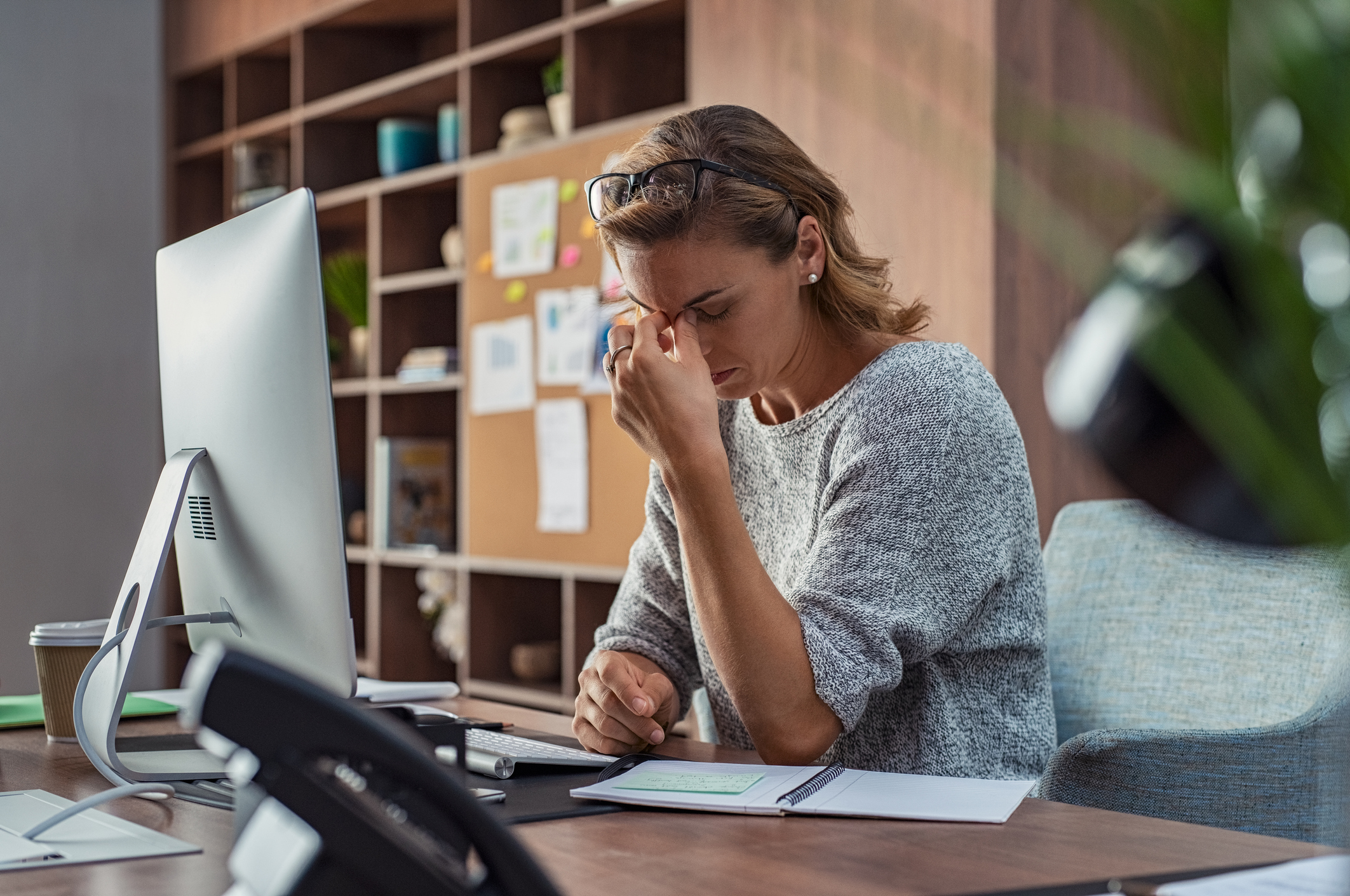
But it's this 'always-on' mentality that has left many of us crippled by mental health worries, anxiety, and a festering concern that we're never quite enough - in our careers, at home, and when it comes to our health. Plus, with the growing necessity to be doing our best every day for the health of the planet, the concern is only intensified.
Psychologist Helena pointed out that many of us never really allow ourselves to do nothing. She said, "Even when we do choose to 'switch off', we don’t really switch off. We will choose to read, work on personal development, listen to music or podcasts, write or play games on our phones. This is still putting pressure on our brains, and forcing ourselves to get the most out of our time. This is the complete opposite to Niksen."
So it seems that the benefit to doing nothing, or 'Niksen' - in our hyper-aware world - could simply be allowing yourself to take a rare time out, and giving your mind the spaceit needs to truly relax and recharge.
"We are all so switched on and because of this, mental health issues are increasing," Helena continued. "Niksen can help ground, help you get back in touch with your intuition and can release suppressed emotions."
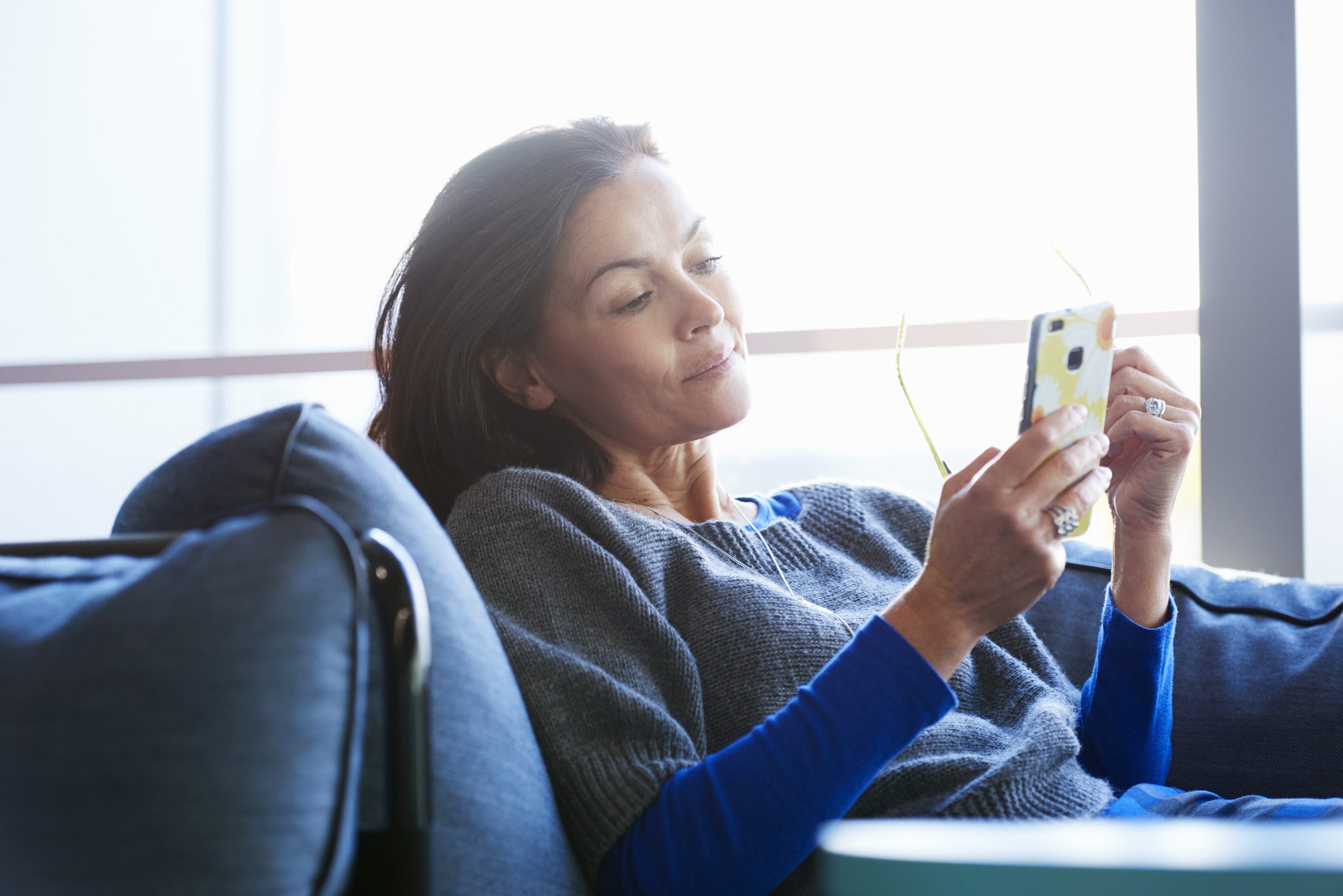
For Ilonka, Niksen is a valuable chance to simply give herself a minute to breathe. She explained, "For me, it's about giving myself permission to just do nothing. No work, no checking my phone for the latest Instagram stories, no chores - all without feeling guilty. It’s about creating moments where I don’t feel under pressure to be doing ‘something’. To be productive or tick things off my to do list. I can just be, leave my mind to wander and if someone interrupts, that’s fine too."
In fact, psychologist Helena pointed out that tuning out for a while is vital to ensure our brains can recover from the day. She said, "The brain needs us to switch off sometimes, in order to function properly and for good brain health. Many of us will push ourselves to the bring of pure exhaustion and this can lead to burn out, health problems and mental health issues. This is because the brain isn’t given time to recover and is in simple terms, short circuited."

Caroline Harper, Specialist Nurse Adviser for Mental Health at Bupa also explained that doing nothing could help prompt our 'relaxation response' - the opposite to the fight and flight response that can make us feel so stressed. She revealed, "When we are stressed, our bodies release a surge of hormones and we get all sorts of symptoms such as a racing or pounding heart, tense muscles and feeling alert.
"This is an automatic response our bodies developed to help protect us from danger. The problem is, the response gets triggered in situations that aren’t truly life-threatening (traffic jams, work deadlines, etc.)Learning ways that we can bring ourselves back to relaxation is an important way to restore some balance."
When we're relaxed and calm, we're arguably at our most creative, our most kind, and our most emotionally responsive. So surely, if Niksen can help us achieve that state, it's something we should all be welcoming?
But what if I find doing nothing really difficult?
Of course, in the world today doing nothing might actually feel next to impossible. There are always emails to be answered, chores to be finished, and people to get back to, right?
But, Helena says, it's important to push through that in order to tackle some of the issues that our modern world is actually causing."Doing nothing can be incredibly overwhelming. Stepping away from what we are doing can be incredibly stressful. We have been programmed to believe that if we aren’t doing something, we aren’t being successful," she said.
"In this generation, short term concentration is a real problem, and the thought of sitting down for a long period of time doing nothing does not make us feel good, and the experience can be quite intense.
However, Helena explained, "It's incredibly important that we learn to do nothing, even for short amounts of time.
Because, in fact, it is essential that we learn how to do nothing, in order to allow our brain valuable time to heal and recover.
In some ways, it might be helpful to imagine that it's in our nature to be still and silent. Carolien Hamming, managing director of CSR Centrum, a coaching center in the Netherlands that helps people manage stress, told TIME, that almost all animals do nothing all day. She said,“In the wild most animals do nothing two-thirds of their time. They yawn, look around, sit and wait until a little snack comes by. Therefore, niksen seems to me a natural state of being.”
So how exactly can we practise Niksen? And how is it different to mindfulness?
Doesn't 'taking a moment out' just sound a little bit like mindfulness? Well, it's actually quite different. When practising mindfulness, you are encouraged to become aware of your body, and what's going on around you. But 'doing nothing', on the other hand, is a time to let go of any pressures, and to allow thoughts to pass through your mind. No breathing exercises, stretching, awareness, or counting required.
The Book of Rest reveals that you don't need to do anything to truly rest. It says, "Drop your expectations and see if you can let go of any need for an outcome."
MORE:UK nature reserve named one of the world's best for stargazing
So how can you practise Niksen on a daily basis?
- Stare out of a window in your home
- Zone out in the bath, without any music or books
- Slot in at least one evening during the week where you don't have any plans - and just do whatever you feel like at the time, even if that's just sat on the sofa, relaxing
- Go for a walk with no end destination as the goal - just allow yourself to wander
- Lie down on your bed, play some calming music and let your mind wander
- Simply sit on your sofa with a cup of tea in hand, and watch the world go by
Psychologist Helena explained that the key thing when it comes to practising Niksen is to simply do it wherever you feel most relaxed and comfortable.She told w&h, "Most people enjoy being outside when they practice, as they connect with nature. But being inside can be just as beneficial.
"I would recommend moving away from stressful or high energy environments as this can be counterproductive - you’ll still be switched on and too aware of what is happening around you. Keep away from tech as well, and don't wear a watch."
Some people prefer to build Niksen into their everyday routines - taking a quiet ten minutes on your sofa before getting ready for bed, or putting down all technology on the commute. However, others might like to take part in specific activities, such as 'forest bathing', to help them achieve Niksen. Forest bathing doesn't actually involve water; it is simply the act of heading into nature, e.g a forest, and walking around for as long as you choose, with no purpose in mind.
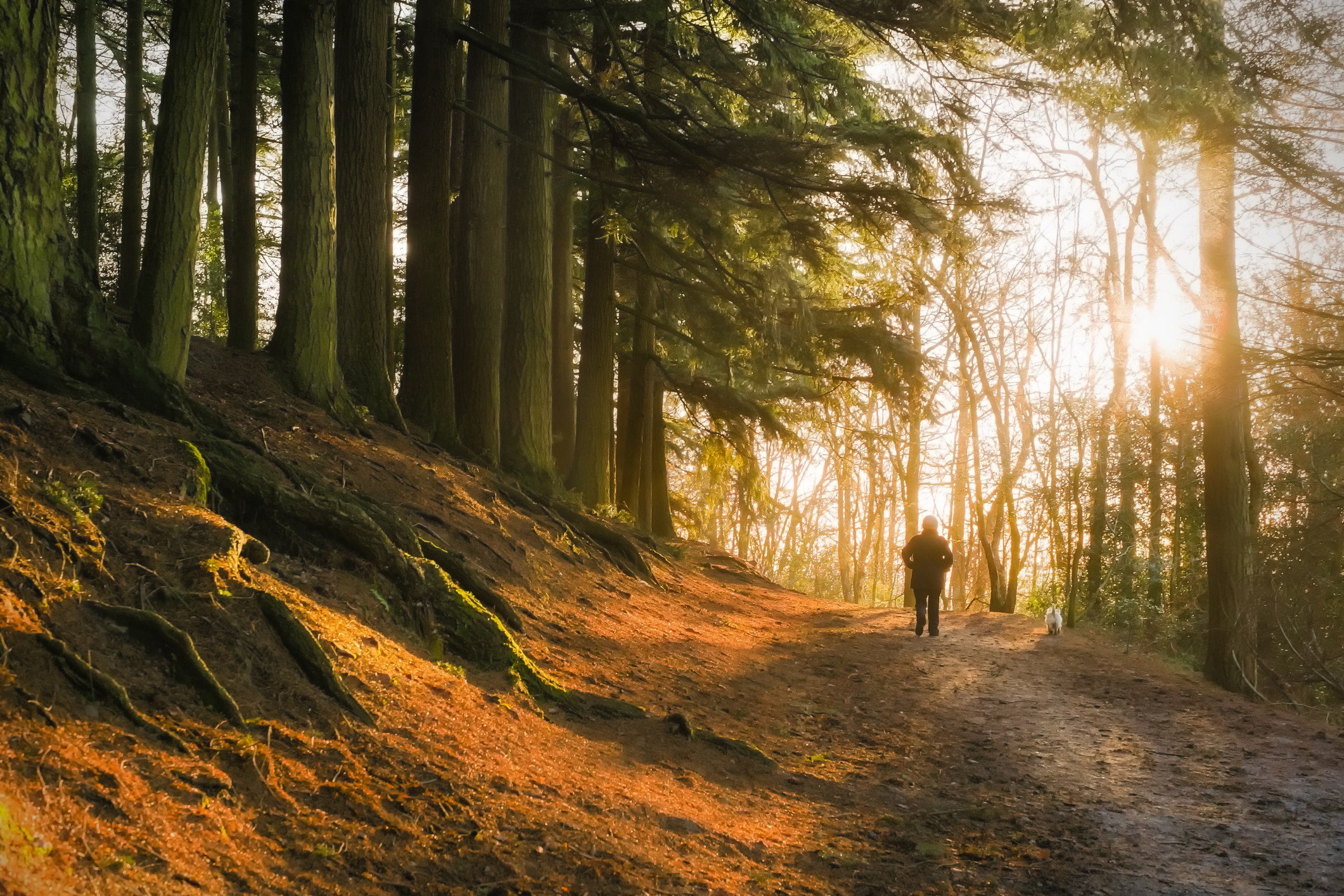
For Ilonka, it's not always easy to 'do nothing', but it's something she prioritises when she's feeling particularly hectic. She said, "When I’m rushing between running my own PR business and looking after two active daughters it can be tricky to find the time. But Niksen is really easy to do as you don’t need a dedicated place or to schedule time. Instead, just take advantage of idle moments during your day. It can be as easy as staring out of the window while your train rushes through the passing landscape on your morning commute. My absolutely favourite moment for Niksen is on a warm summer’s day after I’ve mowed the grass. I can sit back to enjoy the sights and sounds of my garden with a nice glass of wine in my hand."
Ilonka continued, "The most difficult thing about making the most of these moments is the distractions. I sometimes need to fight the urge to check my mobile phone, or ignore my brain reminding me about all the things I haven’t yet done. But the more I can ignore these impulses, the clearer my thoughts become and the calmer I start to feel. Within reason of course: I can’t put off the laundry forever!"
Amy Hunt is an experienced digital journalist specialising in homes, interiors and hobbies. She began her career working as the features assistant at woman&home magazine, before moving over to the digital side of the brand where she eventually became the Lifestyle Editor up until January 2022. Amy won the Digital Journalist of the Year award at the AOP Awards in 2019 for her work on womanandhome.com.
-
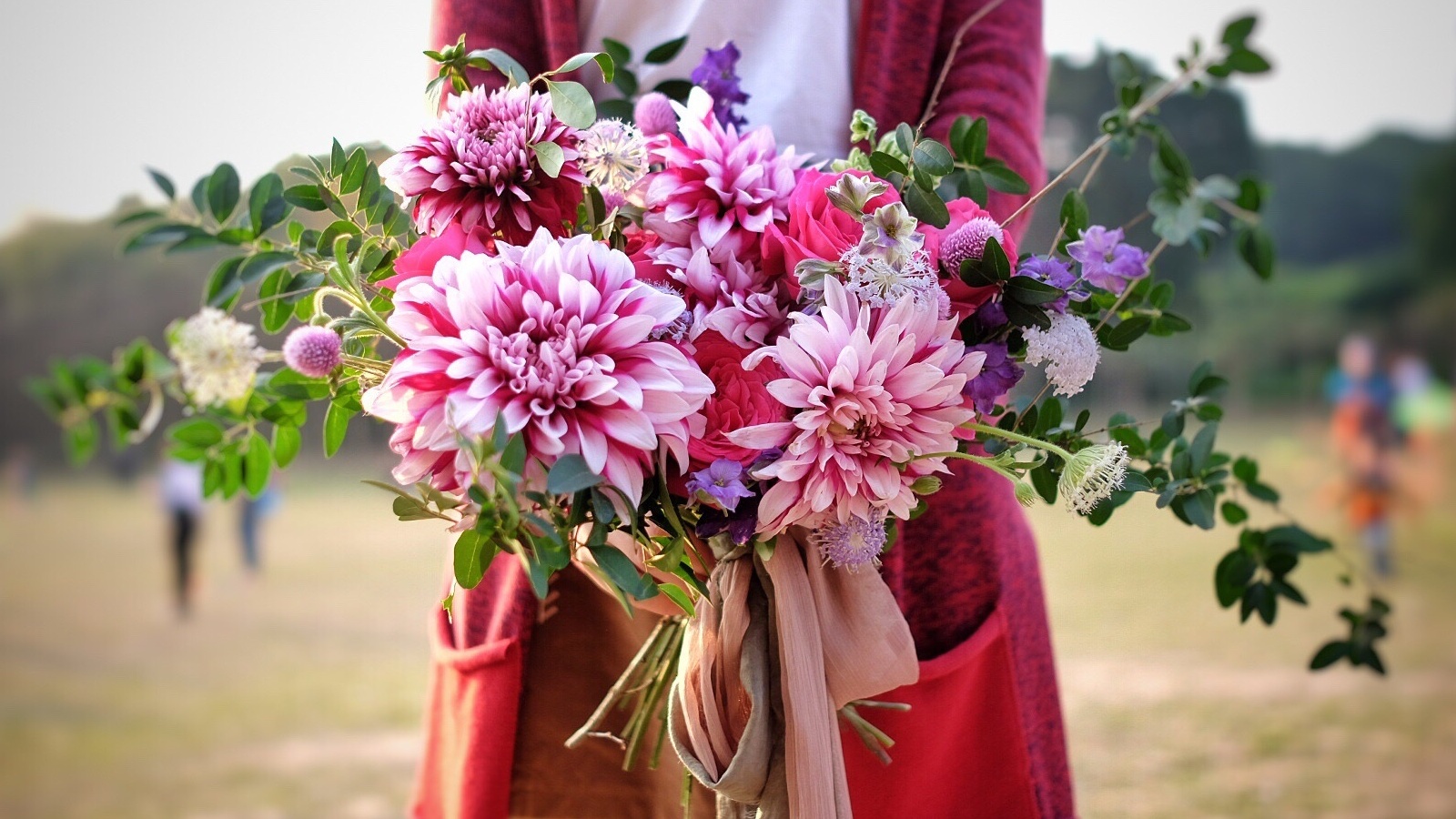 Do you know what your stems are saying? These are the most popular flowers and what they symbolise
Do you know what your stems are saying? These are the most popular flowers and what they symboliseI break down different flowers and what they symbolise so that you can say more whilst speaking less with a truly beautiful bouquet
By Laura Honey
-
 Celebrities who built their looks around a simple, timeless white shirt
Celebrities who built their looks around a simple, timeless white shirtA white shirt should be in every woman's wardrobe - and these celebrities prove all the ways to expertly style one
By Jack Slater
